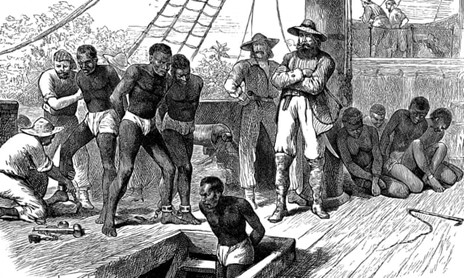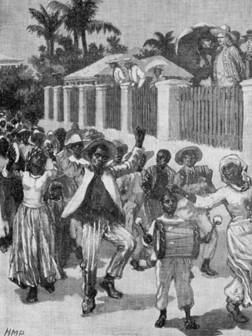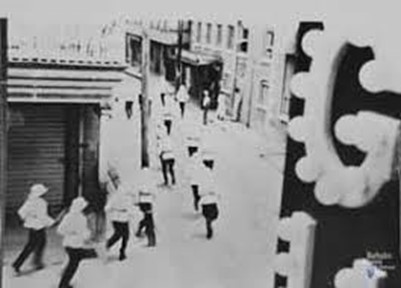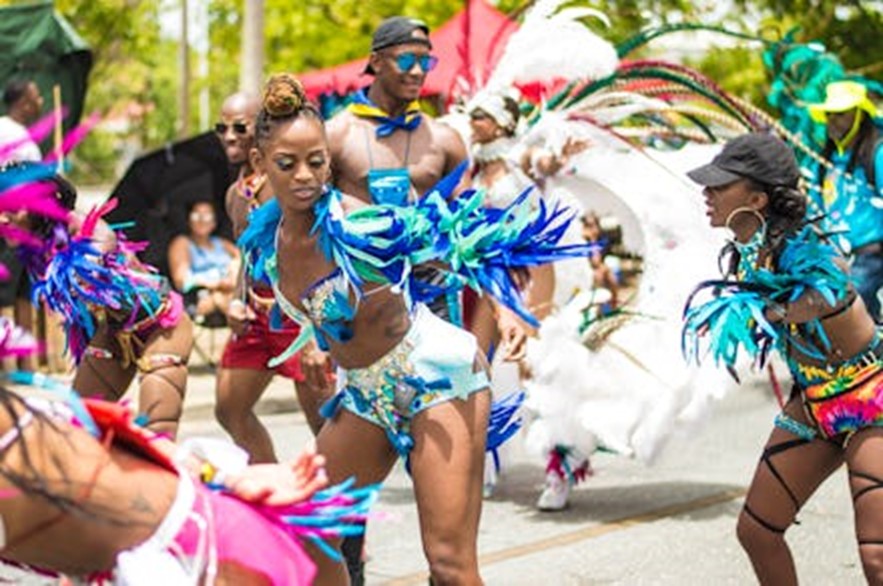August is the month in which we celebrate the ‘Season of Emancipation.’ This season encompasses the end of chattel slavery in the year 1838 and the traditional end of the crop festivities. The British colonization of Barbados instituted chattel slavery to satisfy the need for a large labour source, which was paramount to the cultivation, harvesting and production of sugar cane for sugar, rum and molasses. The production of sugar was a labour-intensive exercise, especially where high profit margins were the goal and the British intention for coming to the ‘New World, was definitely to enrich themselves. The success of this goal became evident, as Barbados became officially referred to as ‘The Jewel In The English Crown,’ for its contribution to the enrichment of that country and its people.

In the spread of its cultural heritage, the British would establish the traditional ‘Harvest Home Festival’ on the Barbadian cultural landscape, celebrating the harvest or end of the crop season. This custom would also be reflective of the West African celebration of ‘The Yam Festival.’ On each plantation the completion of the crop from planting to reaping would be celebrated. From antiquity this custom was upheld across England, with a similar tradition in parts of Scotland, Ireland, and northern Europe. While the mono-crop of sugar cane was the focus of the harvest celebrations, in the northern climes, the harvest of other crops were observed. The celebrations included food, music, dancing, and some rum was also issued to the enslaved on the plantations of residence. Today, the mass celebration still falls within these categories, as people celebrate in a more organized way but with the retention of the celebratory focus on the end of the crop.


After over two hundred years of chattel slavery that powered the sugar cane industry of the 1600s to 1800s, In the year 1838, British emancipation came to an end. Generations of black Africans who were stolen away from their countries on that continent, as well as some Irishmen, Scotsmen, Native American Indians and others, through forced migration were brought to these shores under horrendous conditions, to face a life of drudgery and exploitation. Emancipation was therefore celebrated with a view of hope for the future.

However, hope would be dashed. Although chattel slavery had its official declaration of freedom established to commence on August 1, 1838, the attendant rights and privileges of freedom were not secured. So, it would take the riots across Bridgetown in July 1937, to bring the attention of the British government to the continued drudgery and abject conditions of poverty that caused the formerly enslaved to erupt into protests.

Today, as a nation we look back to celebrate the heroism and resilience of our ancestors, who stand in our historical narrative as colossus spanning time. We therefore proudly note their struggle toward emancipation, as the bridge from enslavement and harsh living conditions, to survival and freedom as gifted to their descendants!
HAPPY SEASON OF EMANCIPATION!!!!

